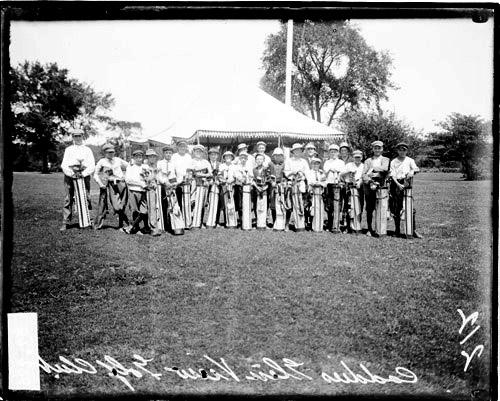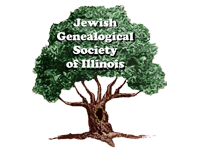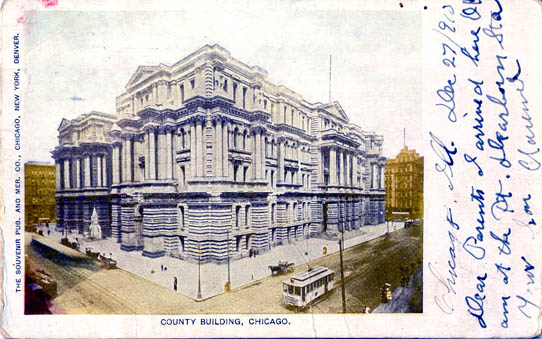
Need some inspiration for organizing and filing your research? There are multiple methods for organizing your research. You just need to find the one that works best for you.
Many prefer to file their research in folders. It's often the fastest and most intuitive way to organize. Blogger Jennifer Jensen describes her simple system of color-coded family folders here.
 |
| An example of surname binders from genejourneys |
- Create a notebook for each major surname. You can also combine several smaller surnames into one binder and when one surname gets too larger, you can move it into it's own binder.
- The first tab in your surname notebook should be labeled "Direct Lines." Start this section by grouping all of your direct line family group sheets together chronologically.
- After each family group sheet, include your documents (bmd certificates, photos, military and immigration papers, censuses, etc.) for that specific family.
- You should have another section devoted to your collateral lines. These would be group sheets and documents for your parents' siblings, your grandparents' siblings, etc.
- DearMyrtle also suggests having a tab in your binder labeled: "Research (not proven)." Here you can include the research you're doing on people who you suspect to be ancestors but haven't proven the relationship yet.
Whatever filing system you choose, you need to remember to be consistent and always file your documents as soon as you get them!








































